In a globalized business landscape, the Philippines has emerged as a central hub for building strong customer service ecosystems. This growth is fueled by the country’s strategic geographic location, highly skilled workforce, and advanced ICT infrastructure, making it an ideal destination for outsourced call center services. Companies worldwide are leveraging Philippine-based customer service to enhance efficiency, improve service delivery, and maintain competitive advantage.
This article explores the key components and strategies involved in establishing a robust customer service ecosystem in the Philippines. By delving into the integration of local talent, technological advancements, and operational flexibility, we will outline how businesses can capitalize on these elements to foster stronger customer relationships and drive long-term success.
Leveraging the Strategic Geographical Location
The Philippines, nestled in the heart of Southeast Asia, operates within a strategic time zone that bridges the gap between Eastern and Western business hours. This geographic advantage enables Philippine-based call centers to offer round-the-clock services to global businesses, ensuring that customer support is available 24/7, regardless of the customer’s location. The country’s proximity to major Asian economies also facilitates smoother operations and logistics for companies that require a cohesive support system across the Asia-Pacific region.
Capitalizing on a Highly Skilled, English-Speaking Workforce
One of the Philippines’ most significant assets in the customer service sector is its large pool of English-speaking professionals. With a literacy rate hovering around 98%, and English being one of the official languages, the Philippines boasts a workforce that can communicate effectively with a global audience. Furthermore, the educational system in the Philippines places a strong emphasis on English proficiency and customer service skills, creating a workforce that is not only linguistically capable but also culturally adaptive to Western business practices.
Additionally, the higher education sector frequently collaborates with the BPO (Business Process Outsourcing) industry to tailor curricula that meet the evolving needs of international businesses. This symbiotic relationship ensures that graduates are job-ready and equipped with the latest customer service competencies, ranging from technical support to customer care and relationship management.
Integrating Advanced ICT Infrastructure
The Philippine government has recognized the BPO sector as a cornerstone of the country’s economic development and has made significant investments in improving its Information and Communication Technology (ICT) infrastructure. These efforts have solidified the country’s reputation as a reliable location for outsourcing complex and technology-driven customer service operations.
State-of-the-art telecommunications facilities, high-speed internet connectivity, and data security protocols are implemented rigorously to maintain service excellence and protect client data. As cybersecurity becomes increasingly critical, Philippine call centers are equipped with robust security measures to prevent data breaches and ensure compliance with international standards, such as GDPR and HIPAA, which further enhances their appeal to global enterprises concerned with data protection.
Promoting Operational Flexibility and Scalability
Flexibility and scalability are essential features of the Philippine customer service ecosystem. Outsourced centers here are well-equipped to scale operations quickly in response to client needs—whether scaling up to manage sudden spikes in customer inquiries or scaling down during slower periods. This adaptability not only helps optimize cost but also ensures that the quality of service remains consistently high, regardless of demand fluctuations.
Moreover, the Philippines offers a pluralistic approach to customer service, accommodating various operational models such as on-premise and remote (work-from-home) setups. The COVID-19 pandemic accelerated the adoption of remote work technologies and practices among Philippine BPOs, demonstrating the industry’s capability to maintain productivity and service continuity even in challenging circumstances. This operational dexterity makes the Philippine customer service ecosystem particularly resilient and responsive to global market dynamics.
Fostering a Culture of Continuous Improvement and Innovation
The commitment to continuous improvement is a key driver behind the success of the Philippine customer service sector. There is a strong culture of performance enhancement and innovation, motivated both by competitive differentiation and the desire to provide superior service to global clients. Call centers invest heavily in training and development programs to keep their staff updated with the latest communication tools, customer relationship management (CRM) software, and customer engagement strategies.
Furthermore, many Philippine companies are embracing AI and machine learning technologies to enhance their service offerings. For instance, AI-powered chatbots and automated customer service tools are increasingly being deployed to handle routine inquiries efficiently, allowing human agents to focus on more complex and nuanced customer interactions.
Building on Government Support and Industry Accolades
The Philippine government actively supports the BPO industry through favorable policies, including tax incentives, grants for training programs, and infrastructure projects aimed at enhancing the business environment. This governmental backing is crucial in maintaining the competitiveness of the Philippine BPO sector on the global stage.
The country’s customer service providers have garnered numerous international accolades, recognizing their excellence in operations, employee management, and customer satisfaction. These accolades not only enhance the industry’s reputation but also build client trust, confirming the Philippines’ status as a premier destination for BPO Services.
Each of these factors—strategic location, skilled workforce, advanced ICT, flexibility, continuous innovation, and supportive public policy—contribute to making the Philippines a robust and dynamic hub for global customer service operations. Businesses looking to outsource their customer service functions will find a resilient and innovative partner in the Philippine ecosystem, one that continues to evolve and adapt to meet the challenges and opportunities of a fast-paced global market. By tapping into this vibrant landscape, companies can significantly enhance their customer engagement, operational efficiency, and ultimately, their bottom line.
Pioneering Customer Service Solutions in the Philippines
The Philippines offers an unparalleled ecosystem for robust customer service, blending a highly skilled, English-speaking workforce with advanced technological infrastructure and significant governmental support. Companies partnering with Philippine-based contact centers, like MCI, benefit from flexible, innovative solutions designed to meet diverse global needs efficiently and cost-effectively. As a leader in outsourced call center services, MCI leverages these advantages to help businesses improve their customer interactions and enhance overall satisfaction.
Ready to transform your customer service strategy with proven expertise and cutting-edge solutions? Contact MCI today to discover how our Philippine-based services can elevate your customer support and drive your business forward. Let’s build exceptional customer experiences together.







